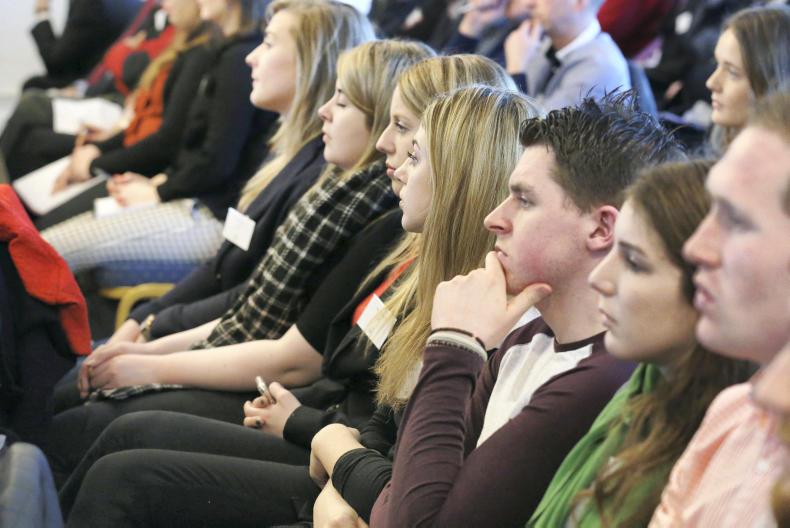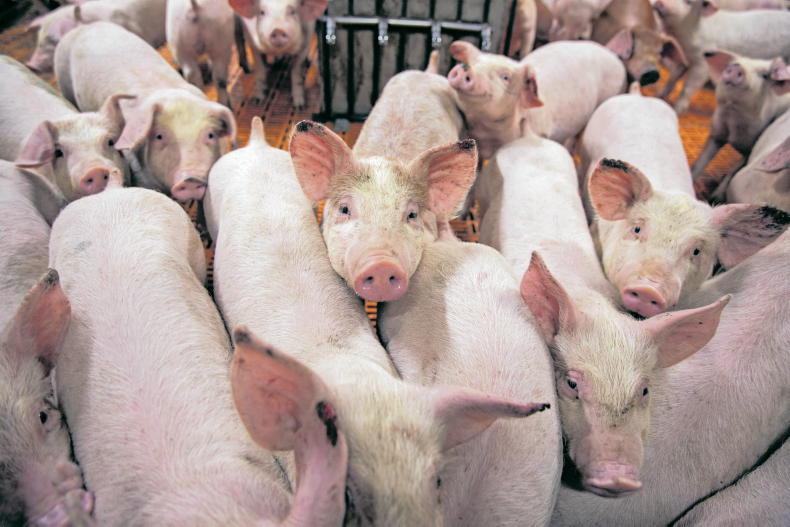A substantial and coordinated effort is required from across the Irish agri-food industry in order to meet the Food Wise 2025 and EU Climate Targets for 2030.That was the view at ASA’s Addressing Climate Change in Irish Agriculture conference on Wednesday.
A substantial and coordinated effort is required from across the Irish agri-food industry in order to meet the Food Wise 2025 and EU Climate Targets for 2030.
That was the view at ASA’s Addressing Climate Change in Irish Agriculture conference on Wednesday.
A panel of Irish and international climate change and agricultural experts discussed and debated the way forward for the industry in addressing the critical challenge presented by climate change.
Dr Matthew Crowe of the Environmental Protection Agency (EPA) said that climate change is one of the greatest challenges facing humanity today and that all citizens need to be positively engaged in the move to greater climate efficiency.
“Food production is an important part of this transition and the challenge for Ireland is to balance the objective of carbon neutrality in agriculture with the economic and social objective of promoting the sustainable development of rural Ireland which is heavily dependent on agriculture,” he said.
John Muldowney, agricultural inspector with the Department of Agriculture, commented that Ireland is at a good starting point in addressing the climate issue.
“We need to continue to demonstrate our credentials and show focus on improvement. Acting now can help create a real point of difference and, as an industry, we must all play our part.”
Soil carbon management
Also speaking was Professor Rogier Schulte from Wageningen University and Research Centre, Netherlands.
He previously chaired the Teagasc working group on greenhouse gas emissions from 2010 to 2016 and presented research on land use in Ireland, which showed how the correct management of soil carbon has significant potential to partially offset agricultural greenhouse emissions.
The recommended measures include new afforestation, restoring degraded peatlands, preventing carbon leaks and deep storage of stable carbon.
“Our recent research, focusing on Ireland, provides a framework for climate-smart land management which has the potential to broaden and diversify the menu of options for the mitigation of climate change,” he added.
Other climate-change solutions put forward include dietary options to reduce animal derived greenhouse gas emissions, selecting nitrogen fertiliser to reduce gas emissions in spring barley and smart farming.
Read more
Listen: Farmers must embrace environment










SHARING OPTIONS